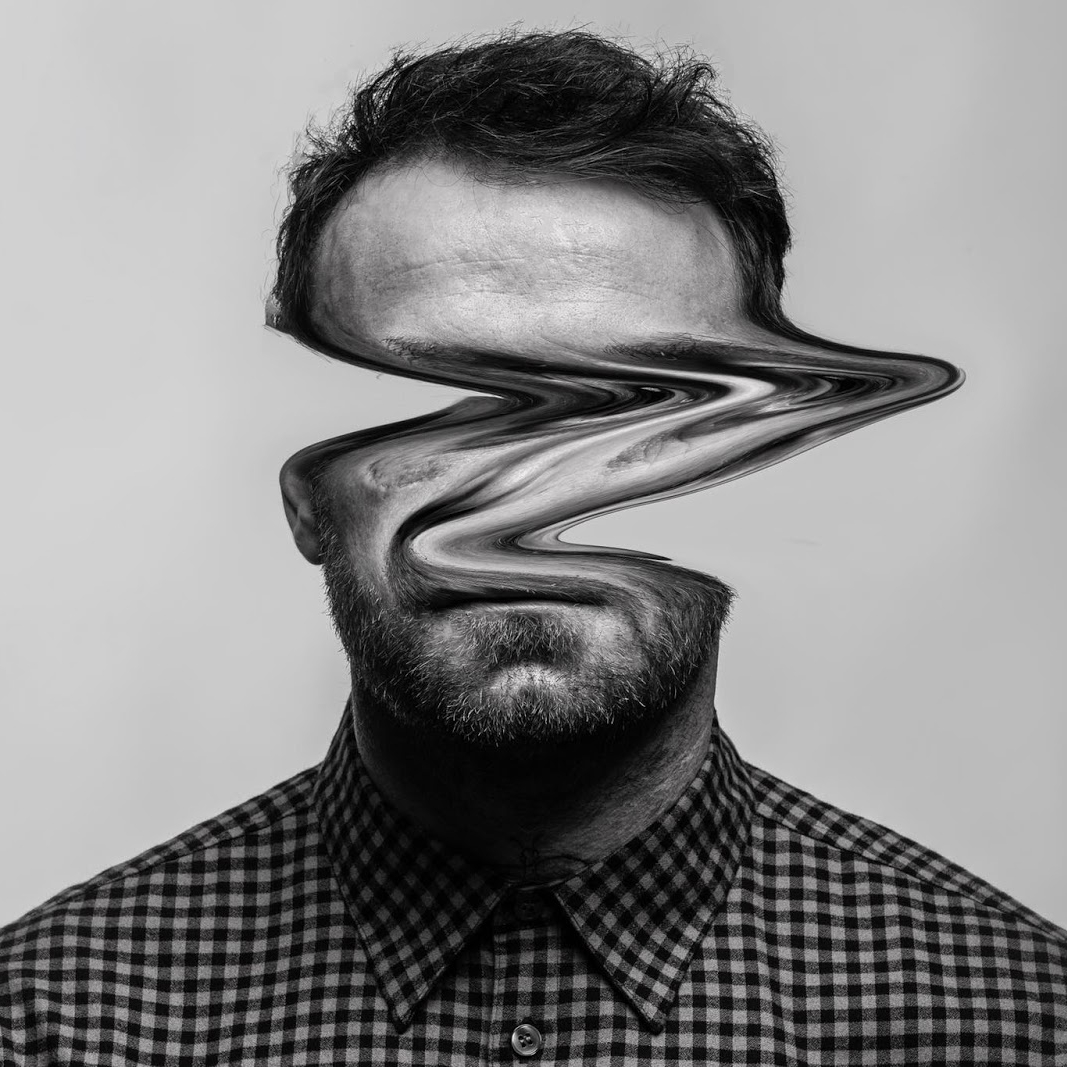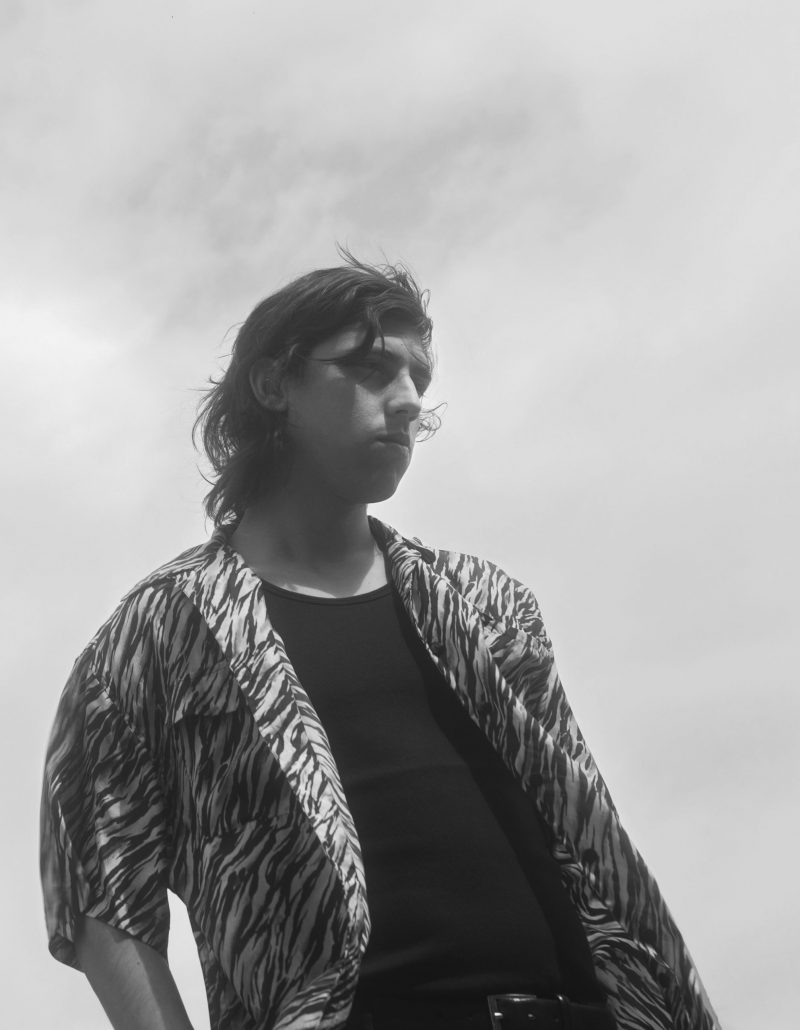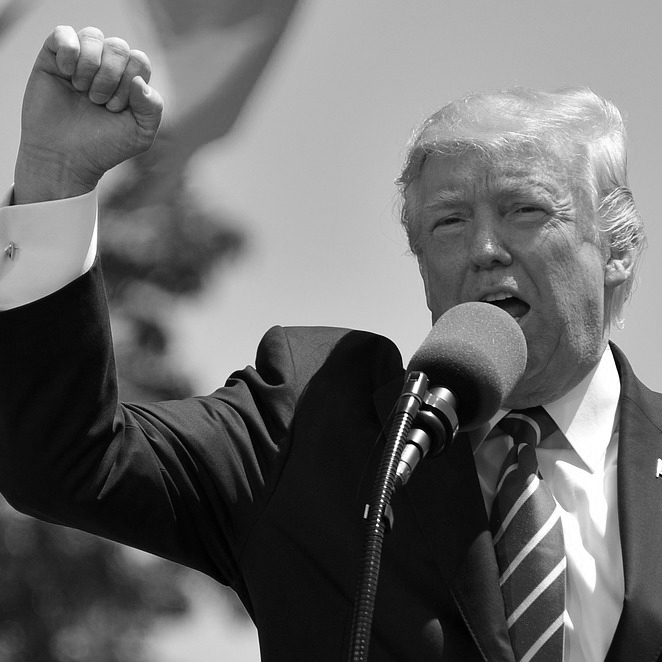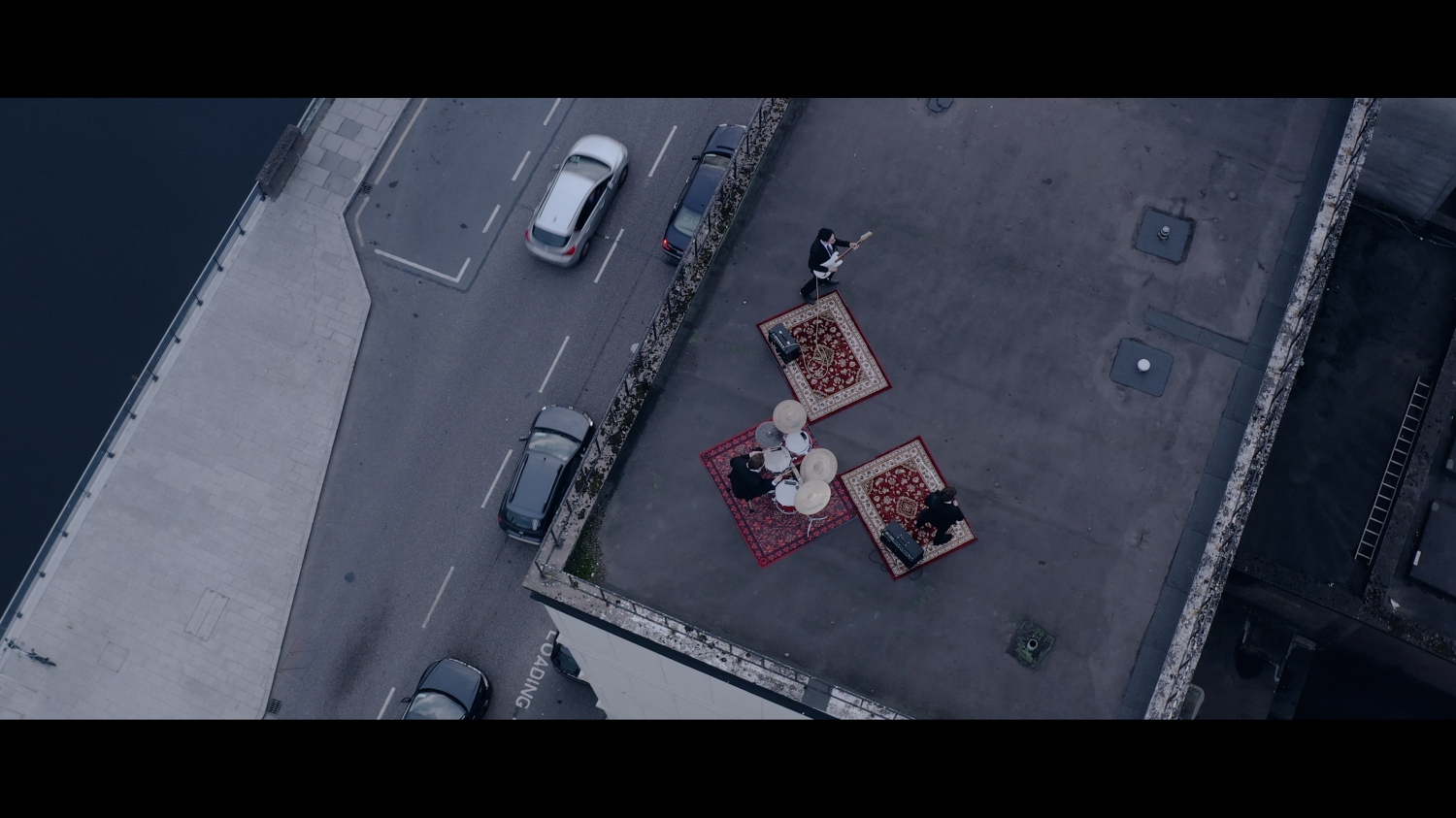In Conversation with South African producer Ryan Murgatroyd ahead of techno fest, SpiltMilk
Interview by Arnold van der Walt
Cape Town-based producer Ryan Murgatroyd has been a part of the music industry for a while and has been part of some of South Africa’s most successful electronic groups like Crazy White Boy and Bantwanas. Even as a solo artist, his music can be heard in clubs and at festivals all over.
His single ‘Funk Country ft Tasha Baxter’ made the international community take note of his work after it was BBC1 Radio’s “essential new tune” on Pete Tong’s show. He recently signed with worldwide tastemaker label Get Physical which is based in Berlin. It’s clear that he is on the fast track for international fame.
He will be performing at SpiltMilk 2018 in Cape Town this coming weekend alongside Kevin De Vries and STAB Virus. Tickets to this almost sold-out annual techno festival can be bought here.
We sat down to chat to Ryan Murgatroyd ahead of his performance at SpiltMilk 2018:
Set the tone for us. Why the arts?
Let’s be honest, I didn’t have an exciting career in accounting planned, nor would any right minded corporate let me near their offices. I always knew it would be music, at least for the first half of my life. I think electronic music producers need to be a bit more indulgent, actually, more like true artists trying to push boundaries.
Which comes first when you’re producing – the sound or the idea?
Every project starts at a different place. I often work from the musicality, writing a couple of chords or melodic elements, then into sound design, and from there a theme emerges and I follow that through to the end.
Do you prefer working alone or doing a collab with someone?
I always worked alone for the Murgatroyd project, but as its become bigger and the demand for music is so strong, I’ve been introducing more people to the team. So for the last 2 years, I usually have an engineer I trust sitting in on the final mixes and making sure I’m not going off on a sonic tangent, and there is a whole team of people from managers and label A&R people that get to have their 2 cents about how my songs are arranged and produced, so at this level of the game you are never really working alone, per se. That being said I still value those solo sessions, when its really quiet and everyone else is sleeping and you are on fire in the studio, no one else to high five.
What’s on your current playlist?
I try very hard not to listen to anyone else’s music. It can be a distraction if you are deep in the zone on your own projects. But lately I’m enjoying a lot of down tempo stuff, Jon Hopkins sorta electronica, always Nils Frahm for musical inspiration, And a lot of old school disco and soul music.
Tell us about the chemistry you have with your fans on stage.
Look, to be entirely honest, live shows vary tremendously. Because there is SO much technical stuff going on, so many different things to do; I sometimes get completely immersed in the performance and forget that at the end of the day we are here to entertain people as much as we are to educate them musically. So a huge part of the new show is actually reconnecting with the crowd, and letting them feel how much you are enjoying the performance. People often say I look serious on stage and that’s just my hardcore concentration face; it’s like resting bitch face, I can’t help it. What does help though, is proper preparation, it lets me play smoother, more action, less thinking, and I think that’s what people really connect with on stage.
What techniques do you experiment with to get your original sound?
Well every artist has to have his tools that make up their palette. Mine are no secret… I use tonnes of Omnisphere, a load of NI realtor, tonnes of hardware like Moog mother 32s and DSI prophets, and a bunch more stuff and then I try to route it and record it and play it and sequence it in unusual ways. I don’t want to bore people with nerd speak but there is a lot of fuckery that needs to go on in order to make sounds that people haven’t heard a million times, and I take great pride in doing so.
Take us through a day in the recording studio.
We break up our days into specific sessions; music theory and piano playing in the morning and then we sketch new ideas for 2 hours. Back in the afternoon, Mark usually takes the time to clean up the projects, rebounce certain layers, start mixing and cleaning them up. We take a break to get some exercise, come back that evening, and then it’s time to get deep. This is where we sit for hours on end on one specific task – for example, finish up the arrangement or the voicing on a particular project, or run our MIDI through 100 different synth patches until we can commit to a riff or a motif that we really like and head towards a finished project. This goes on until about 2am, and then we wake up and repeat.
Was there a specific moment in your life where you thought, “this is what I want to do”?
Yeah, when that first pill kicked in at Mother Rave in , I dunno, 1996 or so.
What do you keep close by while you’re playing a set?
It’s bad, but usually the rolls of tobacco, there is something about nicotine that helps me concentrate at the start of a live show. But I always try and do deep breathing instead, but that only works about half the time. Also Zee, the technical wizard is always nearby incase we run into a problem with the gear.
Any emerging artists on your radar? South African? From the international community?
So many guys are coming up now and writing interesting music – Paz China, De capo, Blanka Mazimela, Siphe Tebeka, And the South African indie scene is also doing really well with quality live acts like Diamond Thug.
What gets your creative juices flowing? Any tips from Ryan Murgatroyd to upcoming producers when they feel uninspired?
I could write an entire novel about inspiration, or the lack thereof. Although we usually think of inspiration as something fleeting. I like to think that you can create inspiration by being disciplined. So I make sure that I improve my skill set every day, playing piano, applying music theory , sound designing, mixing. The more tools you have in your arsenal, the easier it is to find something you like. You can’t just sit around waiting for a magical bolt of inspiration to hit you, specifically when you rely on music to make a living. So I take inspiration pretty seriously and I pursue those things that give me inspiration, relentlessly.
Let’s get technical; take us through your collection of gear, tech or software that accompanies your creative expression.
Lots of Native Instruments plugins – Form , Reaktor. Lots of spectrasonics plugins, and then DSI and Moog hardware units. Some SPL summing and compression hardware.
Except for Crazy White Boy, any new side projects you’re working on?
You haven’t checked out Bantwanas? Get on it ! I like to think it’s the most exciting African electronica act in the whole scene.
You’ve been in the music business for a while now. How have you refined your craft since you entered the industry?
I have good people around me telling me when I’m out of line. And we have agreed to pursue excellence in our craft relentlessly. People don’t see the other side, the 10 hour long sound checks and the 8 month long deadlines that go on and on and on and ska you feel like you are losing your mind. You have to really love this shit to keep going.
Breakdown the news for us: what can we expect from you this year?
Ohhhhh so much new stuff. Starting on September 6 my new remix of ‘Lane 8′ is out on This Never Happened. And from there it’s release after release. Honestly, no one has heard what I can do yet, I want to blow everyone’s heads right off.
Is there a sub-genre you feel does not get enough attention? Or a sub-genre you feel will become the next big thing?
Bring back disco!
What can fans expect from your set at SpiltMilk 2018?
A whole set of new original music and my best, most dynamic live audio visual performance to date.
Famous last words?
Follow me, please.
Follow Ryan Murgatroyd:
Facebook / Beatport / Instagram / Soundcloud / Spotify





Leave a Reply